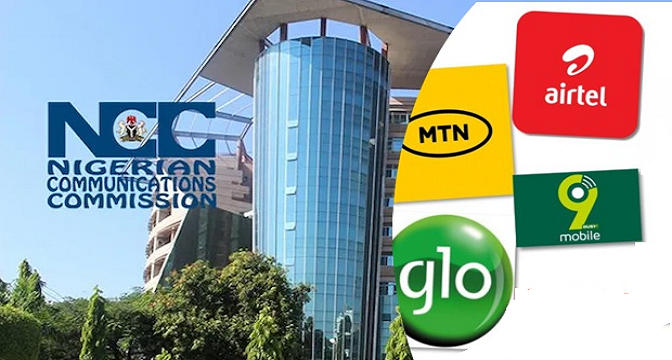
By Ameh Gabriel
Telecommunications subscribers across Nigeria have expressed deep frustration over the persistent poor quality of services offered by Mobile Network Operators (MNOs), despite the recent 50 percent tariff hike approved by the Nigerian Communications Commission (NCC).
The outcry comes after the Federal Government, through the NCC, granted approval for upward tariff adjustments in early 2025. The Commission had stated that the decision was made in response to market realities and rising operational costs, noting that the adjustments would remain within existing tariff bands and be assessed on a case-by-case basis.
The NCC cited Section 108 of the Nigerian Communications Act, 2003, as the legal basis for regulating and approving such tariff rates and assured the public that the adjustments would not compromise service quality. In fact, the Commission emphasized that the changes were intended to help operators invest in better infrastructure, expand coverage, and improve customer experience.
However, Nigerian telecom consumers say the opposite has occurred.
Reports from cities such as Abuja and Lagos highlight widespread dissatisfaction, with users complaining of network outages, slow internet speeds, failed connections, undelivered SMS, data rollover issues, erratic service, and even unexplained credit deductions.
According to a recent industry report, major MNOs including MTN Nigeria, Globacom, Airtel, and 9mobile—have fallen short of key performance indicators like dropped call rate, call setup success, and network congestion metrics.
Speaking with this publication in various parts of Lagos—such as Ikeja, Agege, Yaba, and Iyana-Ipaja—many consumers vented their frustrations.
Mr. Godwin Eta, a businessman, summed it up: “All the telecom companies are now the same. Poor service everywhere.”
In Abuja, subscribers shared similar concerns during interviews conducted on April 14, 2025.
Mr. Ogah Paul said, “I have data, but I can’t access the internet. It’s draining and frustrating. I’ve been receiving server errors since morning. It takes a whole day to download one video. It’s unbearable.”
Another consumer, Mr. Victor James, expressed disappointment over delayed data activation. “I’m tired. The data doesn’t reflect immediately, and even when it does, the network is so poor I can’t use it properly.”
Not all feedback was negative. Ms. Josephine Tanko shared a more positive experience with her provider, saying her service was fast and reliable. However, she urged MNOs that are underperforming to step up their services to meet customer expectations.
The poor service delivery, experts say, poses serious risks to Nigeria’s digital and economic growth. Key sectors such as e-commerce, education, banking, health, and media have been severely affected by unstable internet connectivity and rising data costs.
Critics argue that the situation undermines the Central Bank of Nigeria’s financial inclusion agenda and the broader digital economy vision.
In light of ongoing complaints, subscribers are calling on the NCC to revisit its guidelines for tariff approvals and enforce strict sanctions against operators who fail to meet the required service standards. They also urge the Commission to address the challenges operators have cited such as infrastructure deficits and insecurity, especially in rural areas that hinder better service delivery.
As Nigerians continue to bear the burden of high costs and low-quality services, the call for regulatory action grows louder.
Credit: ConsumerConnect






